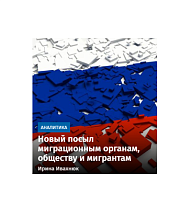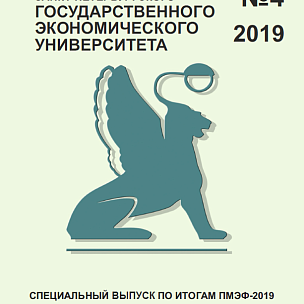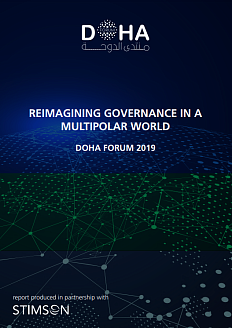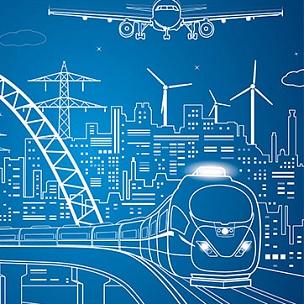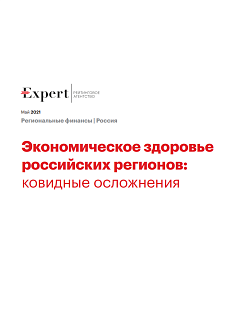On the 31st of October 2018, the President of the Russian Federation, V. V. Putin, approved of the new Concept of the State Migration Policy of the Russian Federation for 2019-2025. ‒ the important document of the legal migration field of Russia.
The Concept defines the goals and objectives of the migration policy. Their sequence clearly demonstrates the migration processes of the Russian political, economic and social life. The concept supports the idea of «creating the migration situation that would contribute to solving problems in the socio-economic, spatial and demographic development of the country, improving the quality of life of its population, ensuring state security, protecting the national labor market, maintaining inter-ethnic and inter-religious peace and harmony in Russian society, and the protection and preservation of Russian culture, the Russian language, and the historical and cultural heritage of the peoples of the state, which all form the basis of its cultural (civilization) code.
The previous Concept put «ensuring the national security of the Russian Federation» in the first place, which, judging by the text of the document, could be regarded as the means of protecting the country from migrants.
Experts positively assess the overall impression of the new Concept of State Migration Policy, however, some of its provisions still raise questions. For example, one of the features of this strategic document is a somewhat one-sided approach towards the question migration; in fact, only migration flows directed to Russia and the forms of their regulation are taken into account. A mixture of economic goals of migration policy and humanitarian orientation of the State Program is traced.
The participation of civil society institutions in the implementation of migration policy is necessary, but the document contains the following phrase: «while observing the principle of non-interference in the activities of federal government bodies, government bodies of the constituent entities of the Russian Federation and local governments», which, according to experts, means that the institutions of civil society in Russia can interfere with state structures involved in migration issues.
According to experts, the new Concept of State Migration Policy can be an effective tool for turning migration into a strong resource for the development of Russia. Provided that the objectives outlined in the new legal acts, the development of which should follow the adoption of the Concept, will be fully implemented, the Russian migration policy will acquire internal logic, become an effective part of the national strategy, increase the migration attractiveness of Russia, ensure the population flow to the country, will solve the problems of lack of labor force without restricting the labor rights of Russian citizens, will ensure the reduction of illegal migration and illegal employment migrants, will lead to a reduction in corruption, xenophobia and intolerance in Russian society.
Until now, the Russian migration legislation has been fragmented and controversial, the new Concept should streamline it and put it together. The next few years will show whether this document will be able to solve the problems that at the moment are hindering the use of the positive potential of migration.


